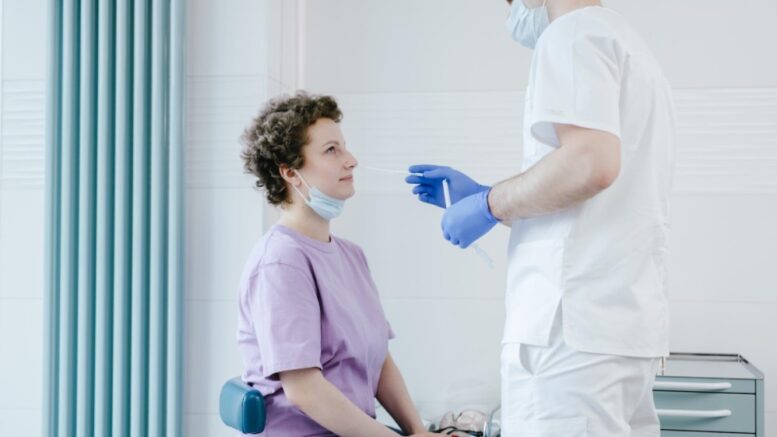The past two years have made us all no strangers to masks, hand sanitizer, and staying 6 feet apart from others. While these are important safety measures to upkeep, as we make our way through another year of COVID-19, it is essential to know about everything else you can and should be doing to keep yourself and your community safe.
This includes getting tested.
Getting tested for COVID-19 is the only way to know with certainty that you are not carrying the virus and thus are not passing it along to others. Getting tested is extremely important for slowing the spread of this virus and getting back to the life we once knew.
Here is everything you should know about COVID testing.
Where to Get Tested
Depending on if you are symptomatic or not, there may be different protocols for where you should get tested and what type of test you should get. It is always best to contact your local health authority and follow their instructions, as each city will have different testing locations. For example, suppose you are looking for COVID testing. In that case, individuals who are not symptomatic can get rapid testing done at local pharmacies or with an at-home kit. In contrast, symptomatic individuals should get a PCR test at the closest designated testing facility.
Types of Tests
If you’ve yet to receive a COVID test, you have probably still seen or heard of people getting swabs pushed deep up their noses. For both types of COIVD tests (Rapid Antigen or PCR), a healthcare practitioner may insert a cotton swab in the nasal cavity and rotate it around to collect a sample for testing. While it may look invasive, most people describe the tests as uncomfortable rather than painful. There are multiple collection methods, including Nasopharyngeal, Deep Nasal, Anterior Nasal, Cheek/Throat Swab and even Saliva.
Rapid Antigen Tests
At-home Rapid Antigen Test kits are becoming more accessible, making getting tested easier than ever. If you cannot get your hands on an at-home kit, Rapid Antigen Tests can be done at most pharmacies. These tests do not require the swab to go as deep in the nasal cavity and provide results in about 15 minutes. It’s important to note that these tests are less accurate for asymptomatic individuals or those very recently infected.
Polymerase Chain Reaction (PCR) Tests
Polymerase Chain Reaction (PCR) Tests are the gold standard for COVID testing as they are more accurate than Rapid Antigen Tests. However, PCR tests must be administered by a healthcare professional, and results can take up to several days depending on how backlogged the testing lab is.
What to Do After You’ve Been Tested
After receiving a PCR test, you will be required to self-isolate until your test results come back. If you were symptomatic before getting tested, you would have to continue to isolate until 5 days after your symptoms stopped, even if your COVID test is negative.
If your PCR test comes back positive, you must follow your local health authority’s protocols for self-isolating. They will instruct you on how long you must isolate for, how to monitor your symptoms, and instructions to give any close contacts you’ve had in the given time frame.
Accurate contact tracing is a crucial part of slowing down and managing the spread of COVID-19. You must contact all your close contacts if your test results come back positive. These individuals may not be symptomatic but could be carrying and spreading the virus unknowingly.
